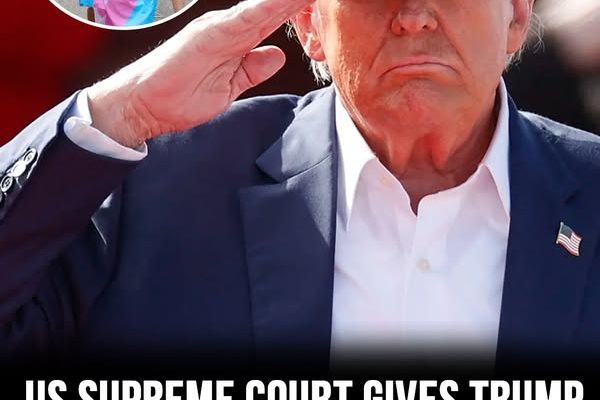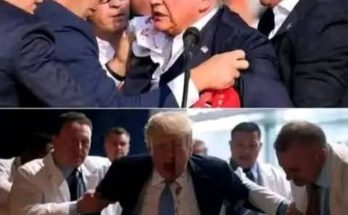Trump has been enacting a lot of things he had promised his voters recently. The most recent act has been his plan to ban transgender people from the military.
There has been a lot of disagreement with the executive order, especially as it goes into effect.

Keep reading to learn more about his plans regarding this.
A week after Donald Trump took his oath as the 47th President of the United States, he signed an executive order titled, ‘Prioritizing Military Excellence and Readiness’.
The policy aimed to ban transgender people from enlisting in the military forces and required current service members who identify as transgender to be removed from their roles.
Two national LGBTQ legal organizations, LGBTQ Legal Advocates & Defenders and the National Center for Lesbian Rights, responded to the order with a lawsuit. In March, the order was blocked US District Judge Ana Reyes, of Washington, D.C.
However, on May 6, 2025, the Supreme Court ruled in favor of the Trump administration, saying they could enact the policy even with the legal proceedings ongoing.
The order says ‘pursuit of military excellence’ is being ‘diluted’ in order to ‘accommodate political agendas or other ideologies’.
It claims that the ‘adoption of a gender identity inconsistent with an individual’s sex conflicts with a soldier’s commitment to an honorable, truthful, and disciplined lifestyle’.
The lawsuit was filed on behalf of six active-duty trans service members and two trans people seeking to enlist. It argued that the ban ‘reflects animosity toward transgender people because of their transgender status’.

When the order was blocked in March by US District Judge Reyes, they argued that it violated an equal protection clause as it discriminated based on transgender status and sex. It also argued that the language used was ‘unabashedly demeaning’ and that the ‘policy stigmatizes transgender persons as inherently unfit’ with its ‘conclusions bear[ing] no relation to fact’.
He argued that the government could have made a policy that balanced ‘the Nation’s need for a prepared military and Americans’ right to equal protection’, and also noted that there is still time to do so.
She went on to highlight her points, by saying, “The Military Ban, however, is not that policy. The Court therefore must act to uphold the equal protection rights that the military defends every day.”
However, since then, the Supreme Court has ruled in favor of Trump’s government. The unsigned order came earlier, with the three liberal judges noting that they disagreed with it.
Human rights organizations have been vocal about their disapproval.
Lambda Legal and the Human Rights Campaign Foundation issued a statement that said, “By allowing this discriminatory ban to take effect while our challenge continues, the Court has temporarily sanctioned a policy that has nothing to do with military readiness and everything to do with prejudice.”
It went on, “Transgender individuals meet the same standards and demonstrate the same values as all who serve. We remain steadfast in our belief that this ban violates constitutional guarantees of equal protection and will ultimately be struck down.”



